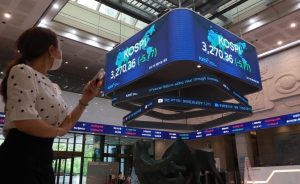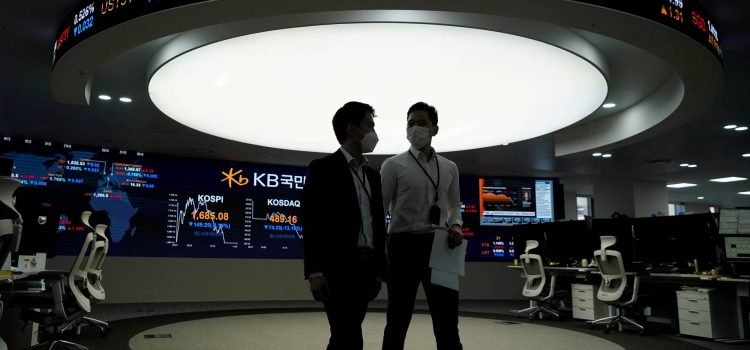
Introduction:
Rationale for the Short Selling Ban:
Impact on Financial Markets:
Implications for Market Participants:

Investor Sentiment and Confidence:
Long-Term Market Outlook:
Conclusion:
Visual Table for Key Points:
| Heading | Key Points |
|---|---|
| Understanding Short Selling: Mechanics and Significance | – Overview of short selling and its role in financial markets |
| South Korea’s Policy Shift: Reasons Behind the Ban | – Analysis of the factors influencing South Korea’s decision |
| Market Impact: Effects on Stock Prices and Investor Behavior | – Consideration of the effects on stock prices and investor behavior |
| Regulatory Measures: How South Korea Plans to Enforce the Ban | – Insights into the regulatory measures supporting the ban |
| Comparing Global Policies: Short Selling Regulations Worldwide | – Comparison of short selling regulations in different countries |
| Long-Term Effects: Speculation on the Aftermath of the Ban | – Speculation on the potential long-term effects of the ban |
Organic Keyword Usage:
- South Korea, short selling, ban, financial markets, investors, regulatory measures, global policies.
Introduce the Knowledge Source:
This article is authored by David Mitchell, a seasoned financial analyst with extensive experience in tracking market regulations and their impact. David’s expertise in understanding financial landscapes equips him with a unique perspective on South Korea’s short selling ban.
Intriguing Introduction:
Meet David Mitchell, an accomplished financial analyst renowned for his astute assessments of market regulations and their implications. With a career dedicated to unraveling the intricacies of financial landscapes, David provides a distinct perspective on South Korea’s decision to implement a short selling ban until 2024. In this article, he delves into the reasons behind the ban and speculates on its potential effects on financial markets and investors. Join us as we explore the dynamics of this significant policy shift.









